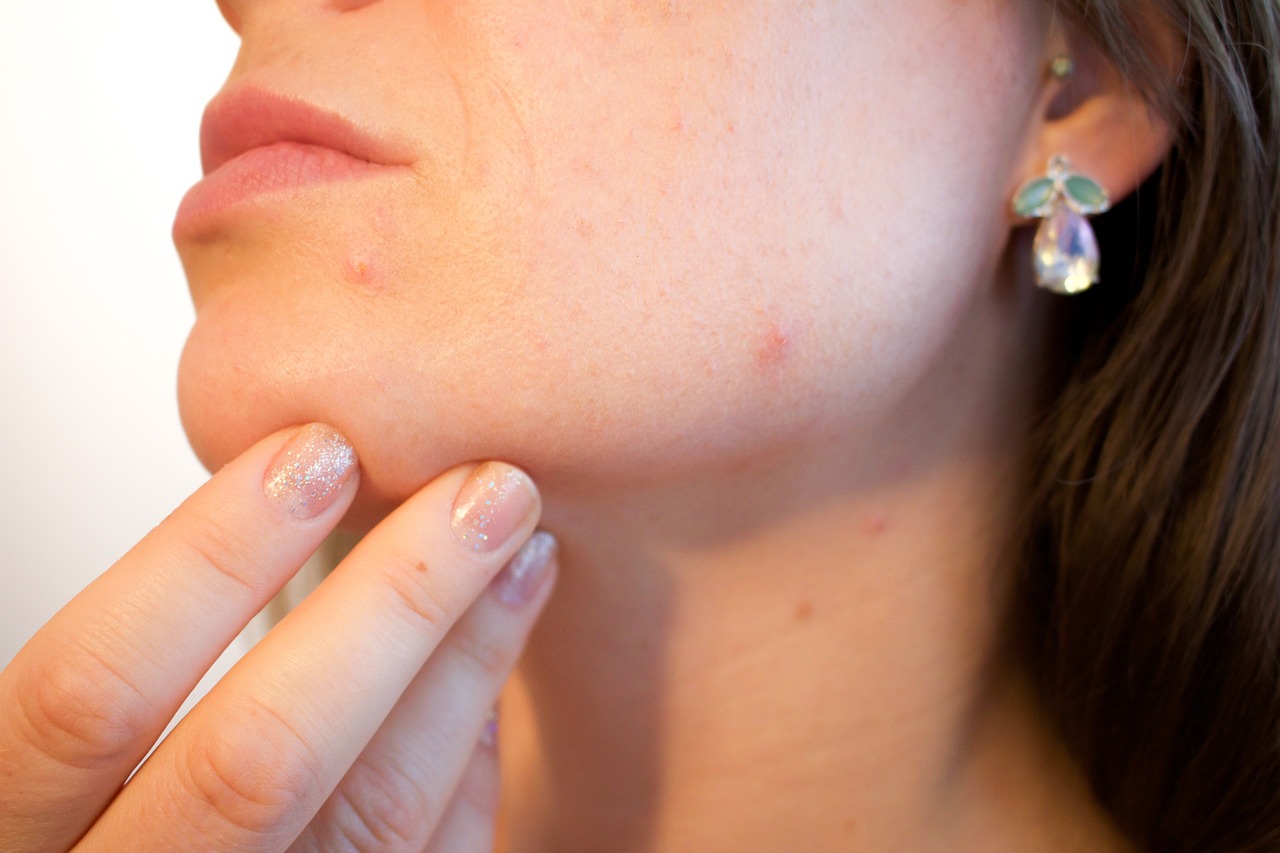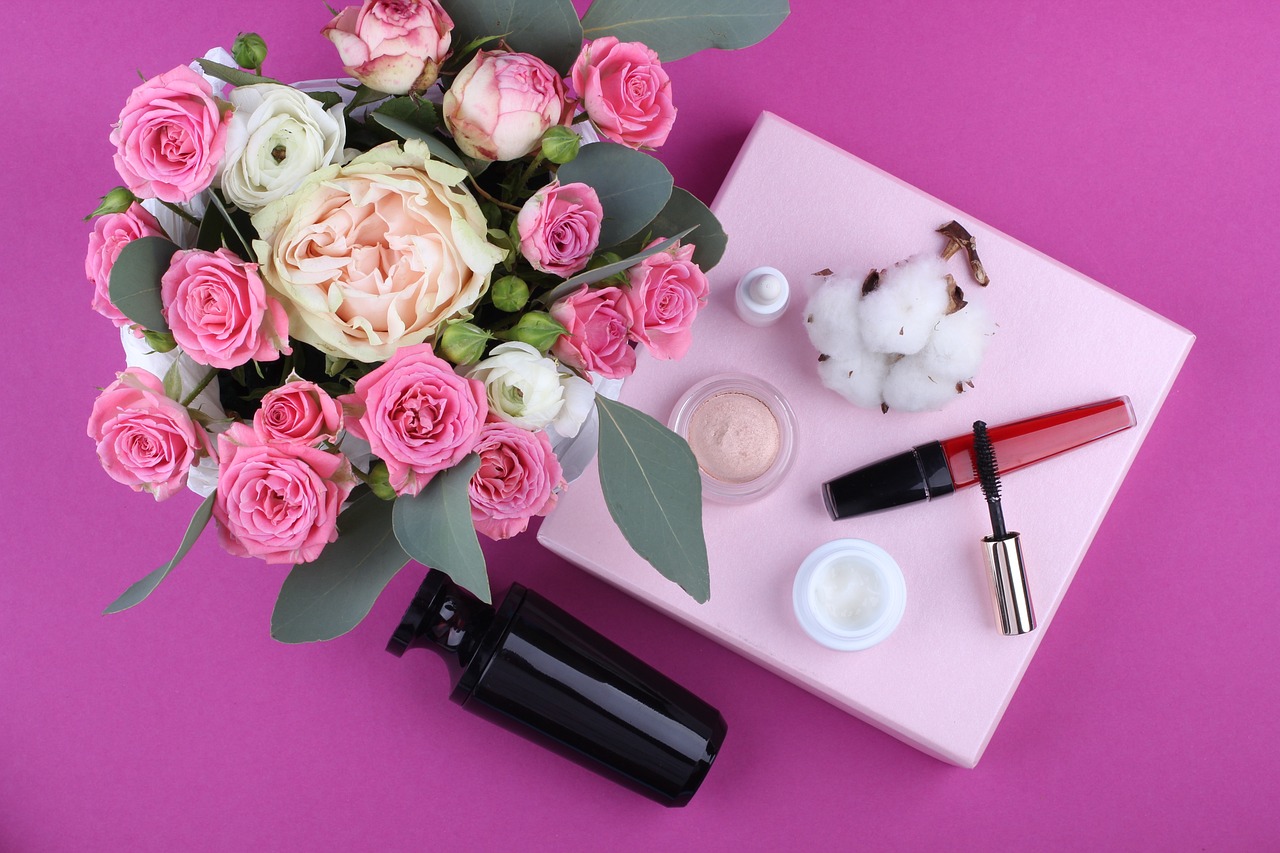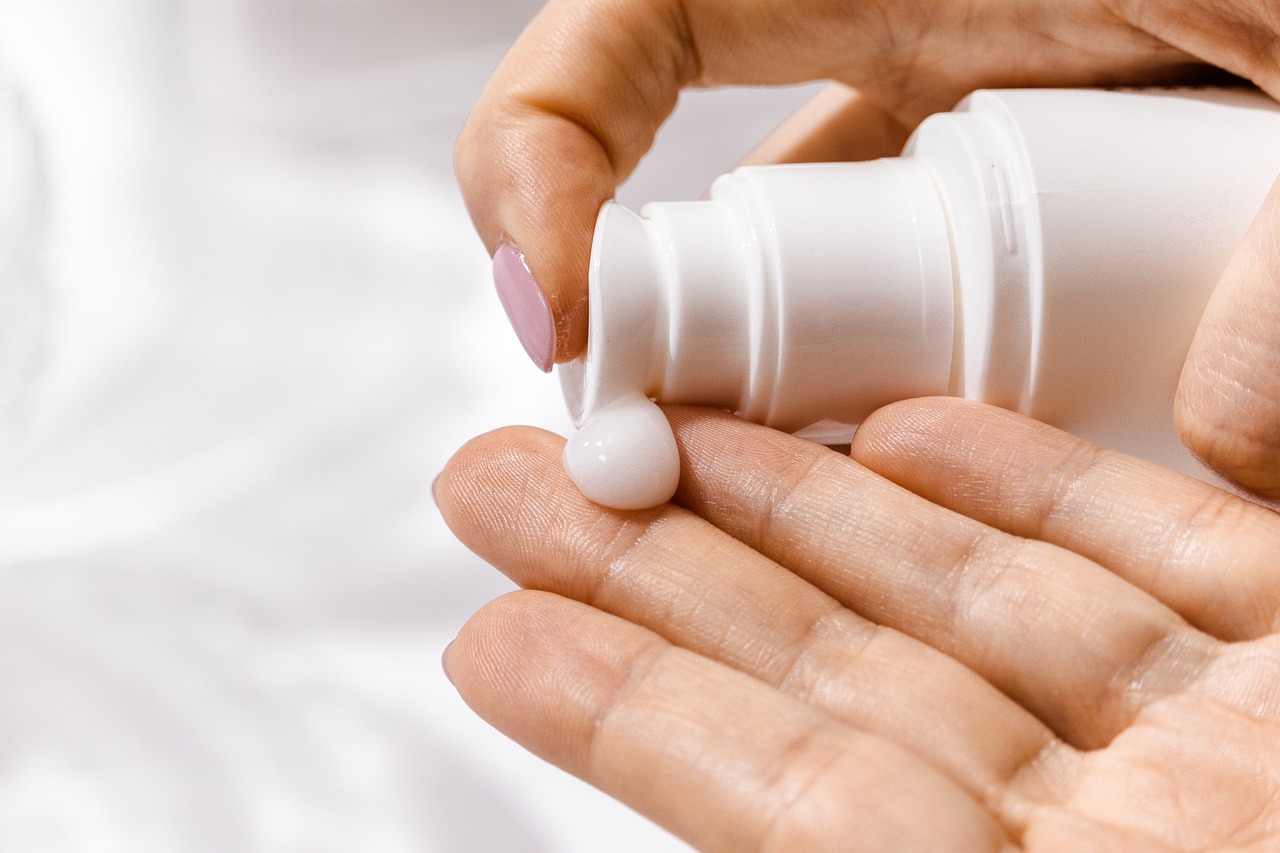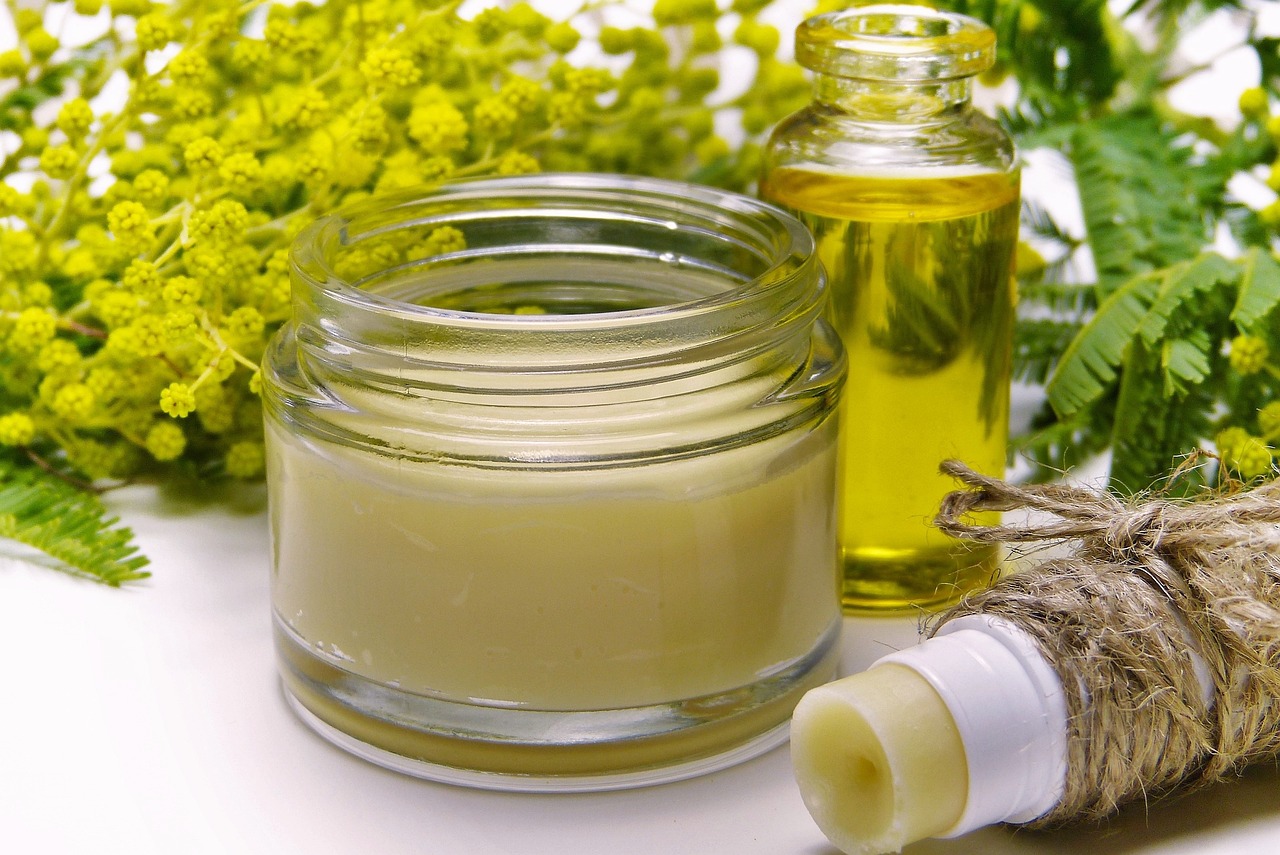Dealing with acne can be a frustrating and often challenging experience, but with the right approach, you can work towards clear and healthy skin. Acne is a common skin condition that affects people of all ages, and while it can be persistent, there are many steps you can take to reduce breakouts and maintain a clear complexion. From skincare habits to lifestyle adjustments, this guide will provide you with practical tips for keeping your skin acne-free and glowing.
1. Cleanse Your Skin Gently
Keeping your skin clean is crucial for preventing acne, but it’s important not to overdo it. Over-cleansing or using harsh cleansers can strip your skin of its natural oils, leading to irritation and more breakouts.
- Choose a Gentle Cleanser: Use a gentle, non-comedogenic cleanser to wash your face twice a day—once in the morning and once before bed. Look for cleansers that are formulated for acne-prone skin and avoid those with harsh sulfates or fragrances.
- Don’t Over-Cleanse: Avoid washing your face too often, as this can lead to dryness and trigger your skin to produce more oil, which can contribute to acne.
2. Moisturize Regularly
Many people with acne-prone skin skip moisturizer, thinking it will make their skin oilier. However, moisturizing is essential to keep your skin hydrated and prevent it from producing excess oil.
- Use an Oil-Free Moisturizer: Opt for a lightweight, oil-free, and non-comedogenic moisturizer that won’t clog pores. Moisturizing helps maintain your skin’s natural moisture barrier and prevents dryness, which can exacerbate acne.
3. Exfoliate with Care
Exfoliation is important for removing dead skin cells and keeping your pores clear, but over-exfoliating can lead to irritation and worsen acne.
- Use a Chemical Exfoliant: Consider using a chemical exfoliant like salicylic acid or glycolic acid. These ingredients help to unclog pores and promote skin cell turnover without the harsh scrubbing that can damage the skin.
- Limit Exfoliation: Exfoliate only 1-2 times per week to avoid irritation. Be gentle with your skin and avoid using harsh physical scrubs.
4. Avoid Touching Your Face
Touching your face throughout the day can transfer bacteria, dirt, and oil from your hands to your skin, which can lead to breakouts.
- Keep Your Hands Away: Make a conscious effort to avoid touching your face, especially if your hands aren’t clean. This will help reduce the chances of introducing acne-causing bacteria to your skin.
- Hands Off Pimples: Avoid picking at or popping pimples. This can lead to scarring and worsen inflammation, making it harder for your skin to heal.
5. Choose Acne-Fighting Ingredients
Incorporating specific ingredients into your skincare routine can help treat and prevent acne. Look for products that contain proven acne-fighting ingredients.
- Salicylic Acid: Salicylic acid is a beta hydroxy acid (BHA) that helps unclog pores and reduce inflammation. It’s great for those with blackheads and whiteheads.
- Benzoyl Peroxide: Benzoyl peroxide is effective at killing acne-causing bacteria and reducing inflammation. Use it as a spot treatment for active breakouts.
- Niacinamide: Niacinamide is a form of vitamin B3 that helps reduce inflammation, regulate oil production, and improve skin texture. It’s suitable for all skin types and can be used alongside other acne treatments.
6. Keep Your Hair Clean
Oils and hair products can easily transfer from your hair to your face, causing clogged pores and breakouts along your hairline and forehead.
- Wash Your Hair Regularly: Keep your hair clean, especially if you have oily hair. Avoid letting your hair touch your face throughout the day.
- Use Non-Comedogenic Hair Products: Choose hair products that are non-comedogenic and free of heavy oils that can cause breakouts.
7. Maintain a Healthy Diet
What you eat can have a significant impact on your skin. Certain foods may contribute to inflammation and worsen acne.
- Avoid High-Glycemic Foods: Foods that are high in sugar and refined carbohydrates can cause spikes in blood sugar, leading to increased oil production and breakouts. Try to limit foods like white bread, sugary snacks, and soda.
- Eat Skin-Healthy Foods: Incorporate foods rich in omega-3 fatty acids, antioxidants, and vitamin A into your diet. Foods like fish, leafy greens, berries, and carrots can help promote healthy skin.
- Stay Hydrated: Drinking enough water is crucial for maintaining healthy skin. Proper hydration helps flush out toxins and keep your skin looking plump and clear.
8. Reduce Stress
Stress can have a significant impact on your skin, as it triggers the production of hormones that can lead to increased oil production and breakouts.
- Practice Stress-Reducing Activities: Find activities that help you relax, such as yoga, meditation, or exercise. These activities can help reduce stress and improve your overall well-being, which in turn benefits your skin.
- Get Enough Sleep: Aim for 7-8 hours of sleep each night. Proper rest helps regulate your hormones and gives your skin time to repair and regenerate.
9. Use Sunscreen Daily
Sunscreen is an essential part of any skincare routine, even if you have acne-prone skin. The sun’s UV rays can cause damage and lead to hyperpigmentation, especially if you’re using acne treatments that make your skin more sensitive.
- Choose a Non-Comedogenic Sunscreen: Look for a broad-spectrum sunscreen with at least SPF 30 that is labeled as non-comedogenic. This will protect your skin without clogging your pores.
- Avoid Heavy Sunscreens: Choose a lightweight formula that won’t leave your skin feeling greasy or heavy.
10. Avoid Overloading Your Skin with Products
Using too many products can overwhelm your skin, leading to irritation and increased breakouts. Stick to a simple and effective routine that addresses your skin’s needs.
- Keep It Simple: Focus on a few key products, such as a gentle cleanser, moisturizer, acne treatment, and sunscreen. Avoid using multiple active ingredients at once, as this can lead to sensitivity and irritation.
- Introduce New Products Gradually: When trying a new product, introduce it slowly into your routine. This will help you determine if it works well for your skin or if it causes any adverse reactions.
11. Clean Your Makeup Brushes and Pillowcases
Makeup brushes and pillowcases can harbor bacteria and oil, which can contribute to breakouts if not cleaned regularly.
- Wash Makeup Brushes: Clean your makeup brushes at least once a week using a gentle soap or brush cleaner. This helps prevent the buildup of bacteria and ensures you’re not spreading impurities onto your skin.
- Change Pillowcases Often: Change your pillowcases 1-2 times a week to avoid transferring oil, dirt, and bacteria to your skin while you sleep.
12. Consult a Dermatologist
If you’re struggling with persistent acne, it may be helpful to see a dermatologist. They can provide personalized recommendations and prescribe treatments that are stronger than over-the-counter options.
- Prescription Treatments: Dermatologists can prescribe topical or oral medications, such as retinoids, antibiotics, or oral contraceptives, depending on the severity of your acne.
- Professional Treatments: Treatments like chemical peels, laser therapy, or extractions may also be recommended to help improve your skin’s condition.
Maintaining clear and acne-free skin requires a combination of good skincare habits, lifestyle adjustments, and patience. While it may take time to see significant improvements, sticking to a consistent routine and using the right products can help you achieve healthier, clearer skin. Remember that everyone’s skin is different, so what works for one person may not work for another—finding the best routine for your skin takes time, but it’s worth the effort for the confidence that comes with a clear complexion.











